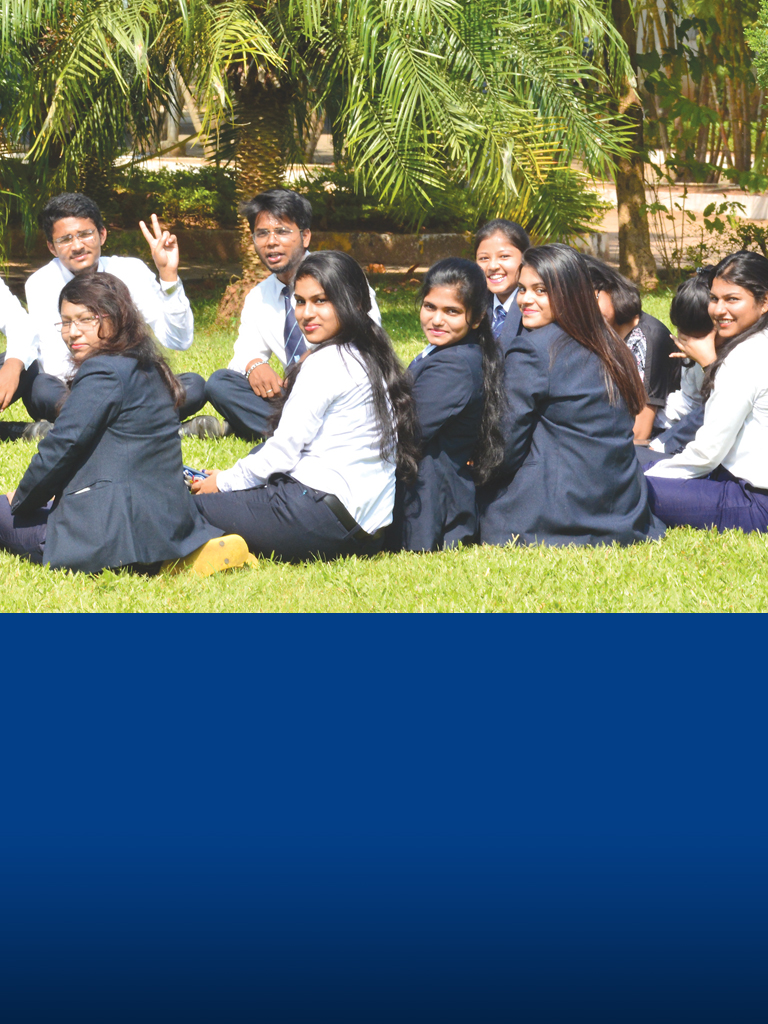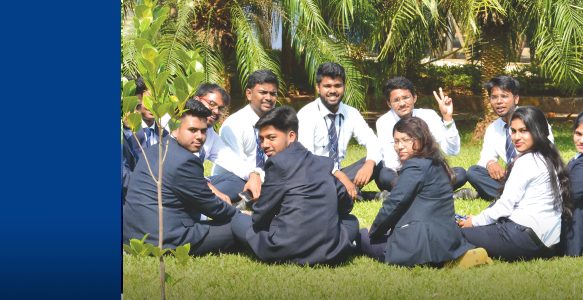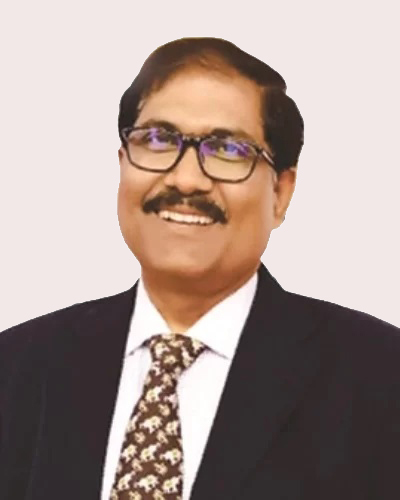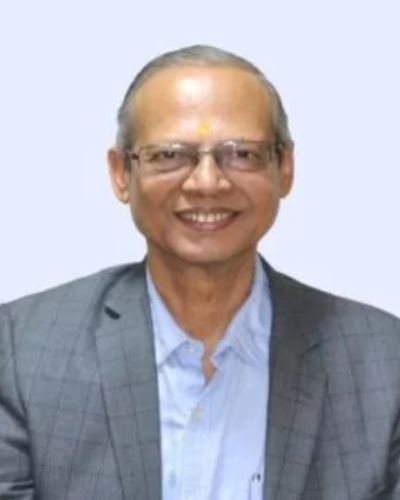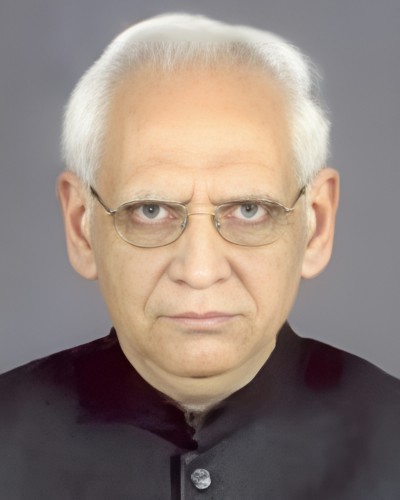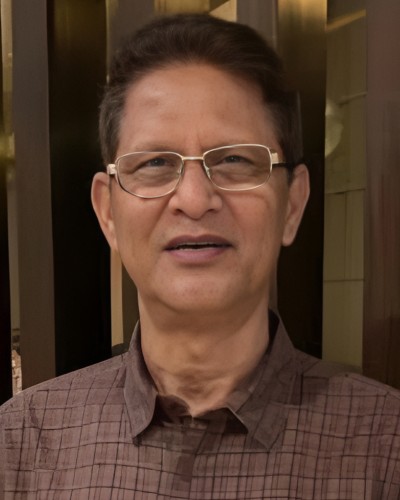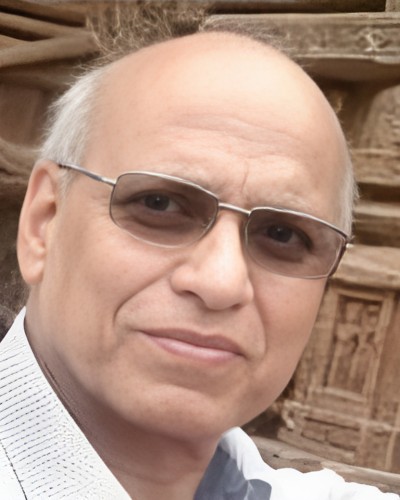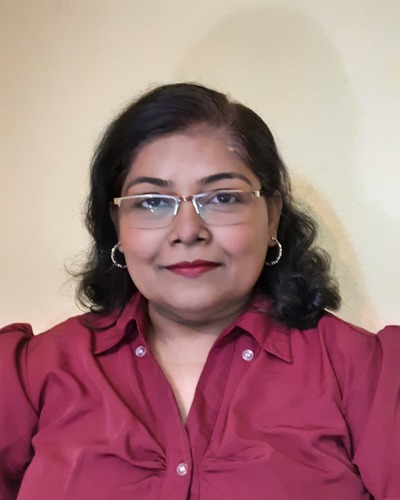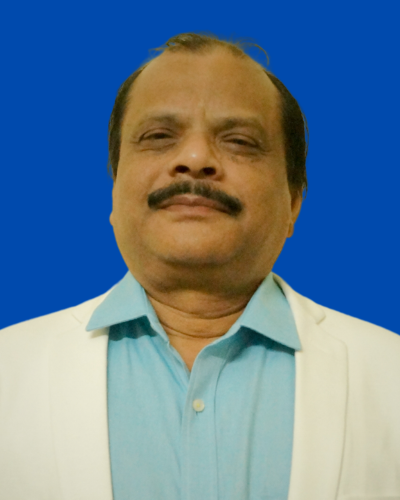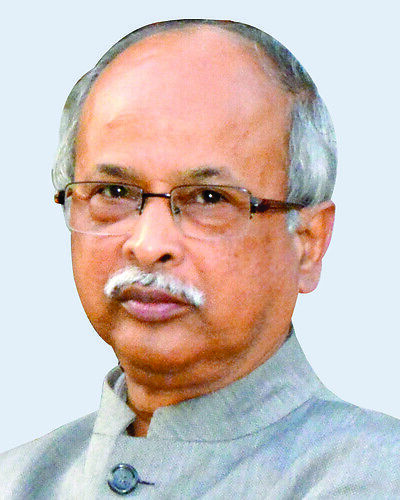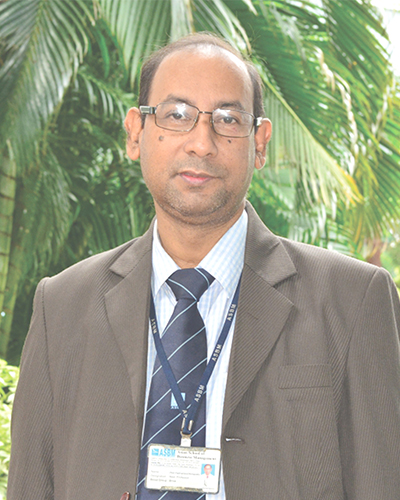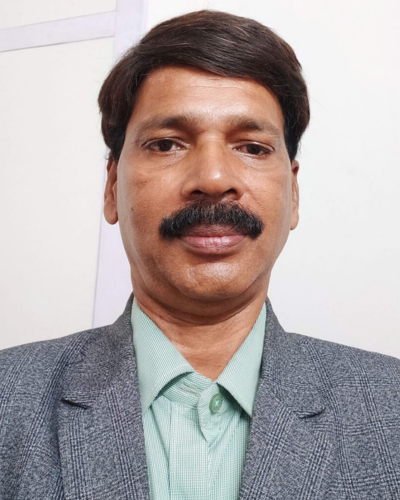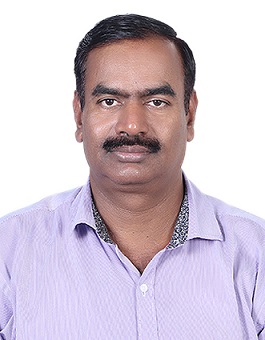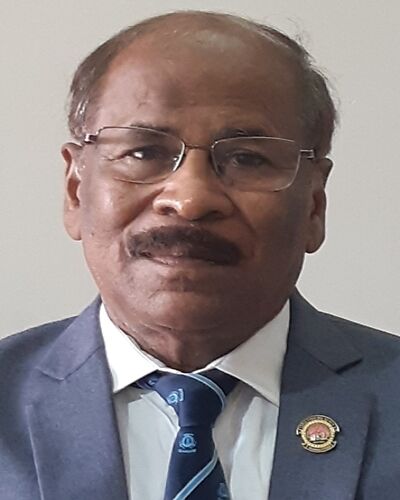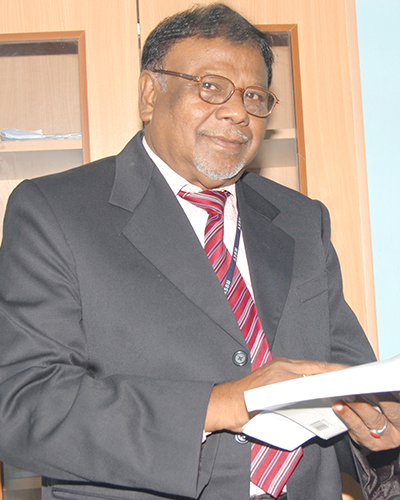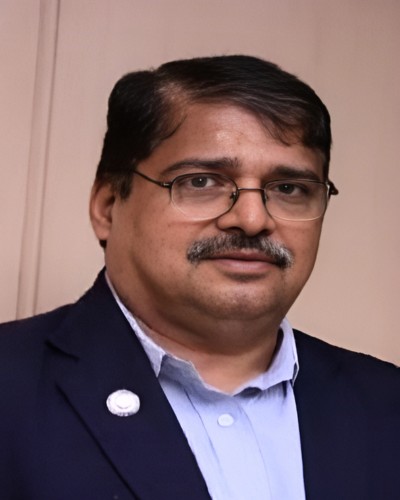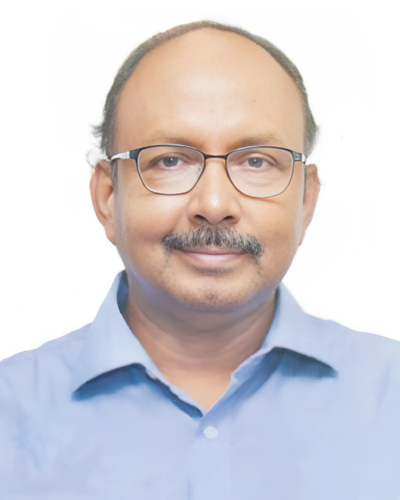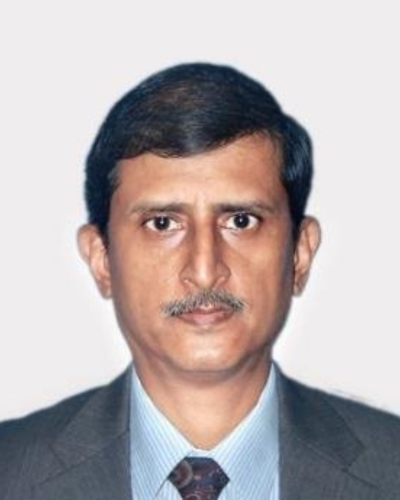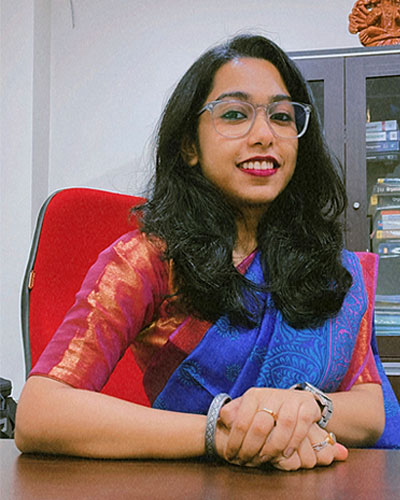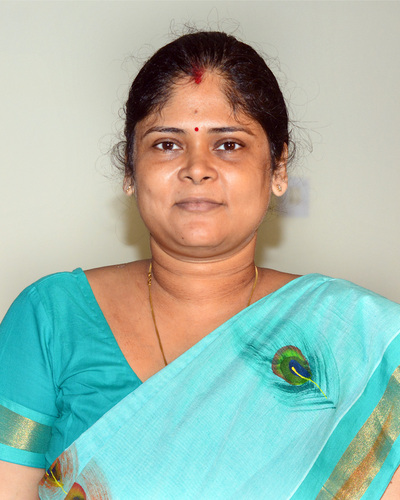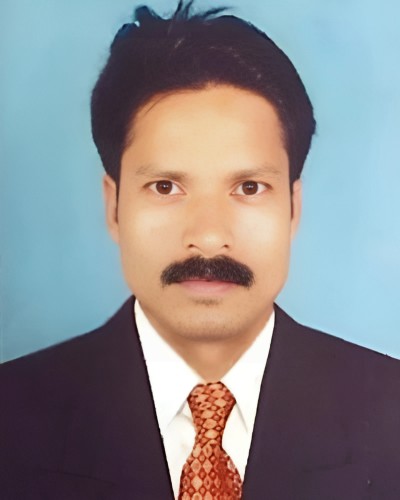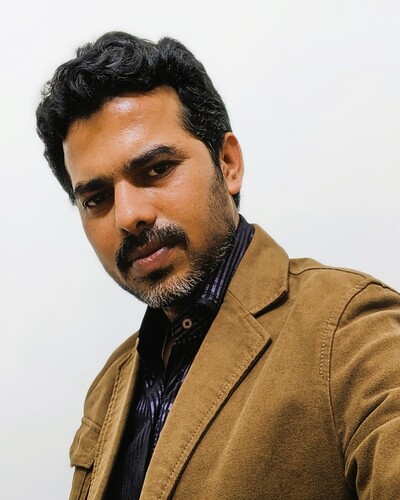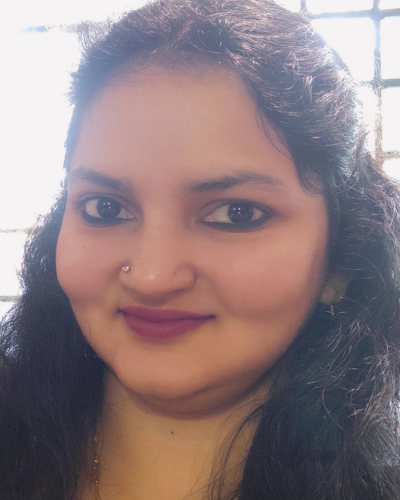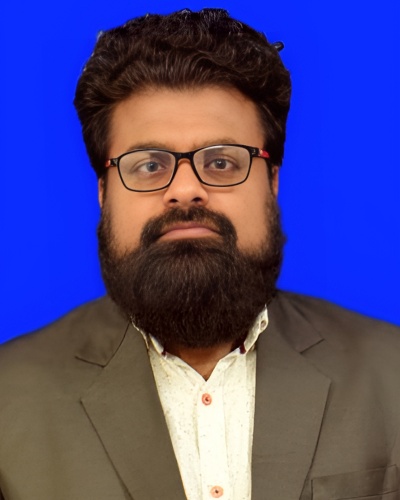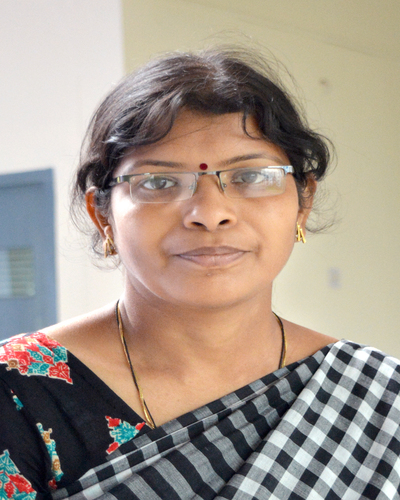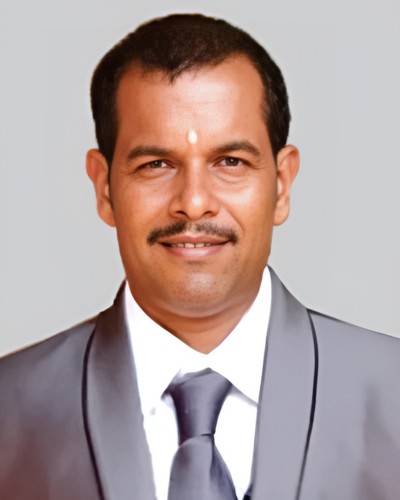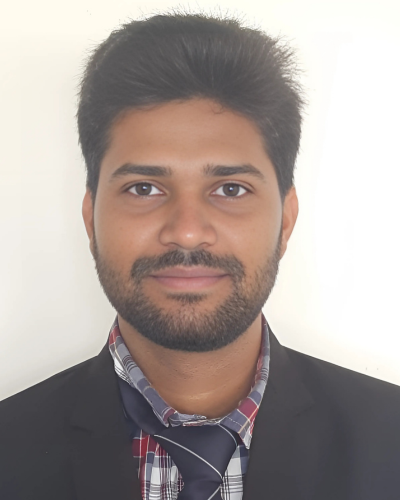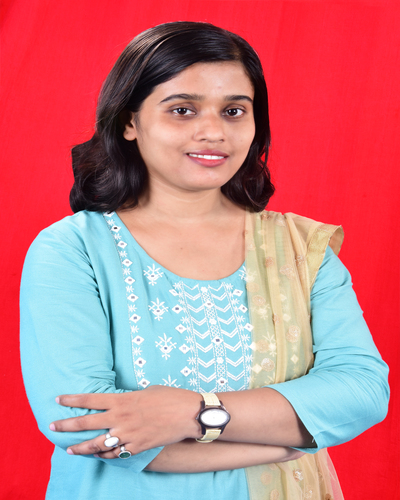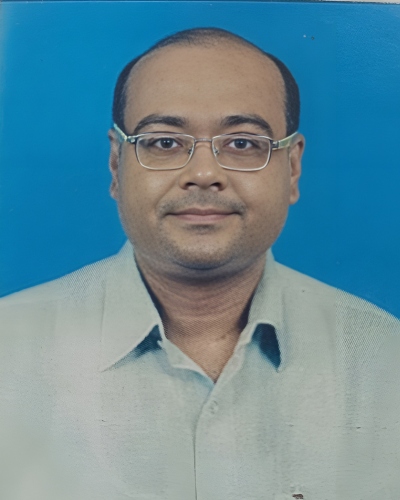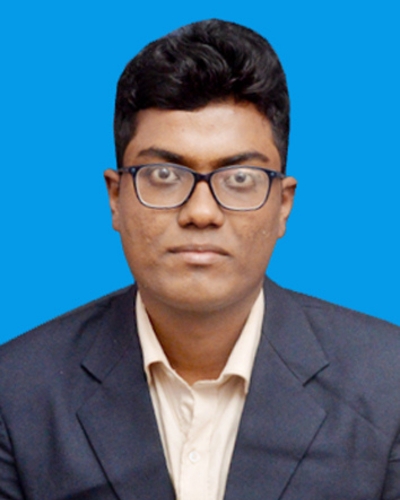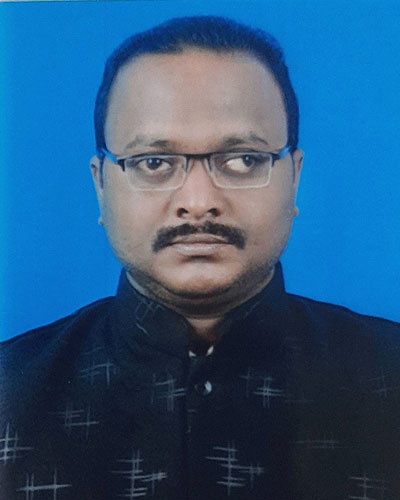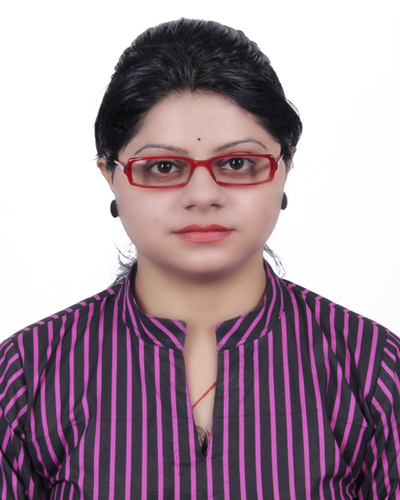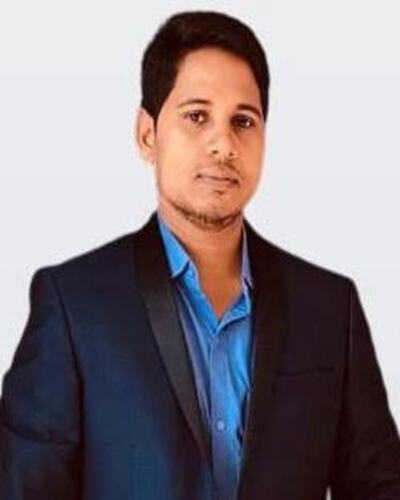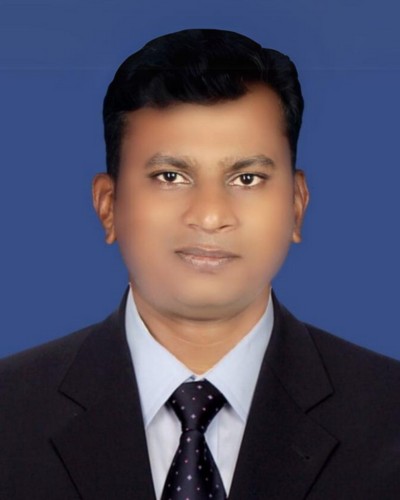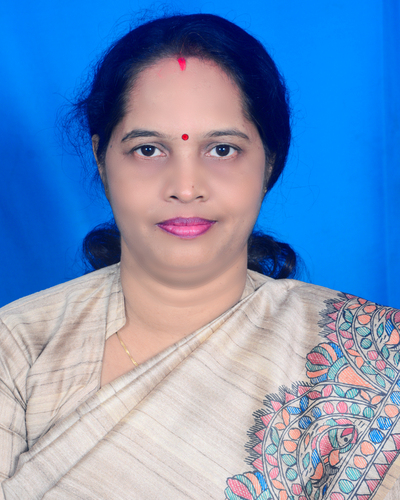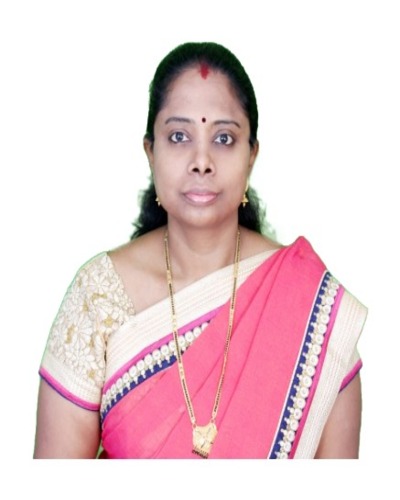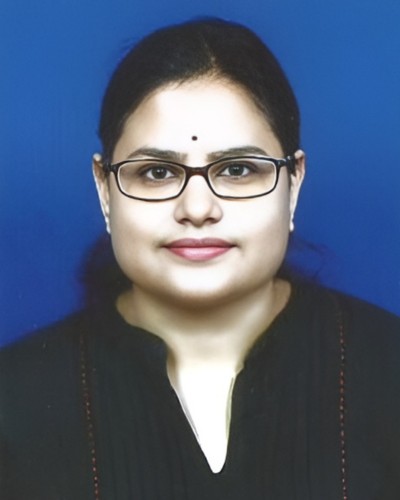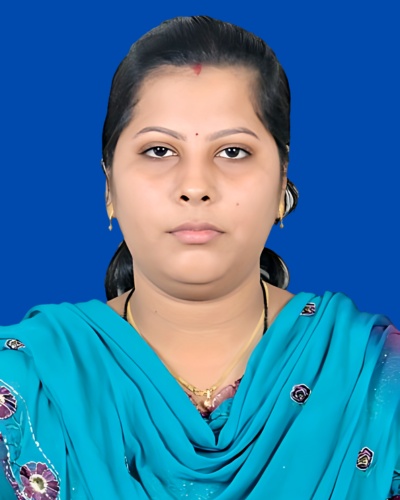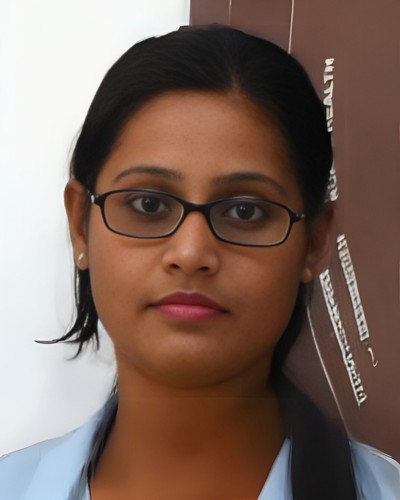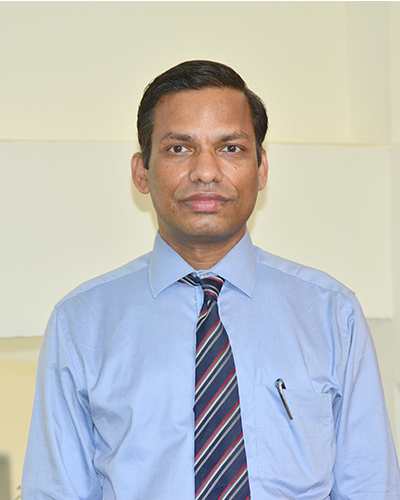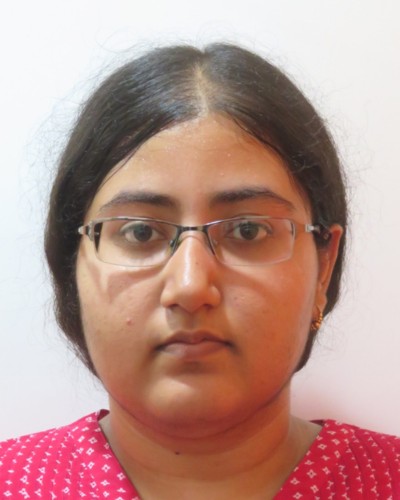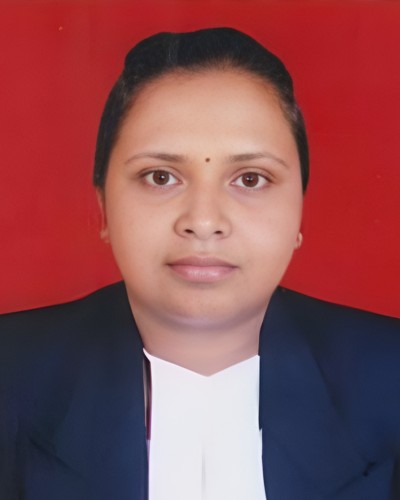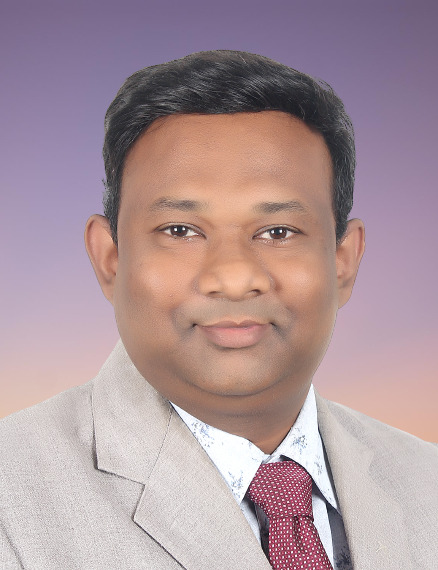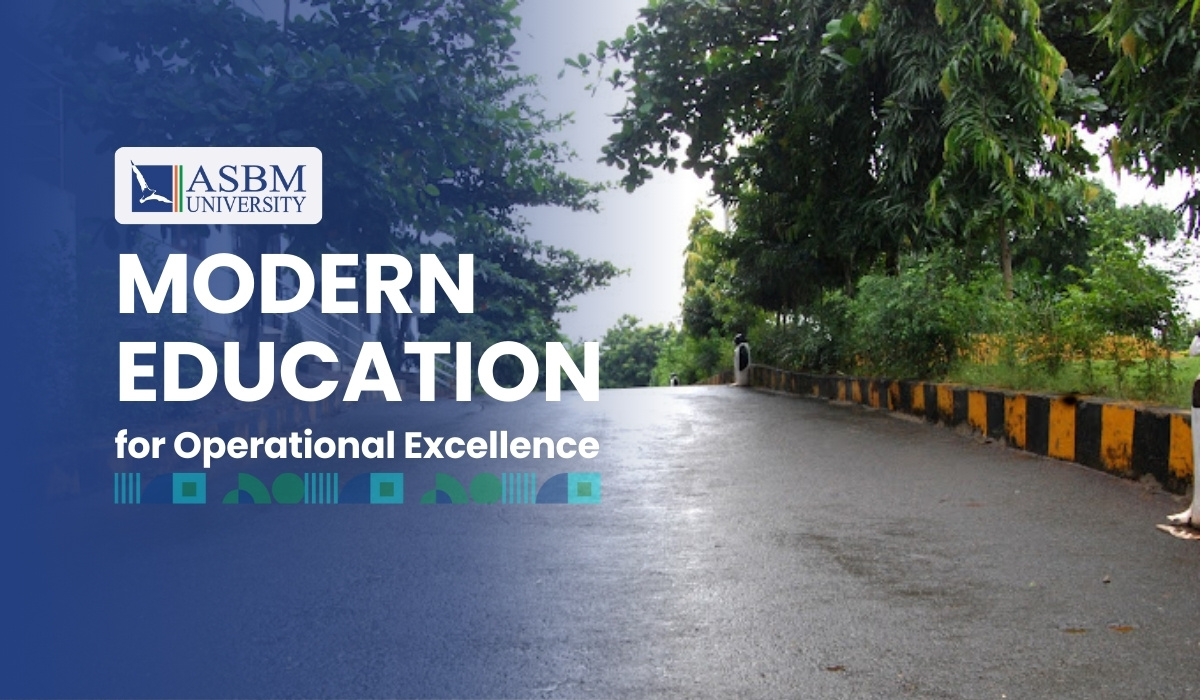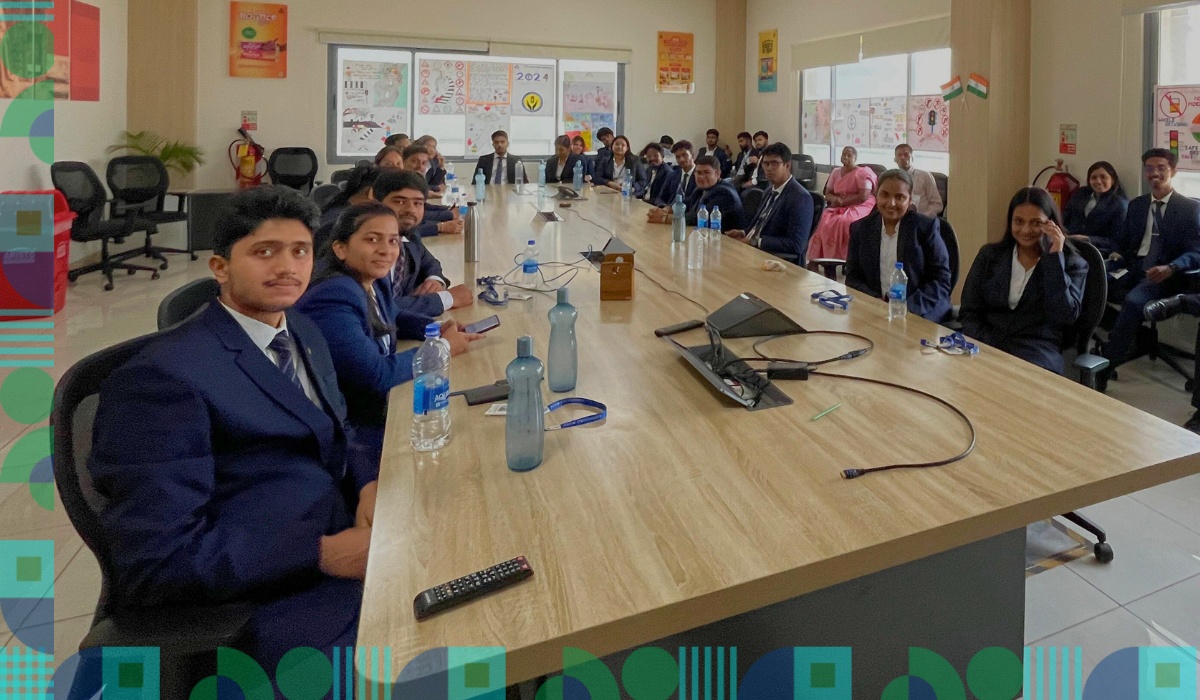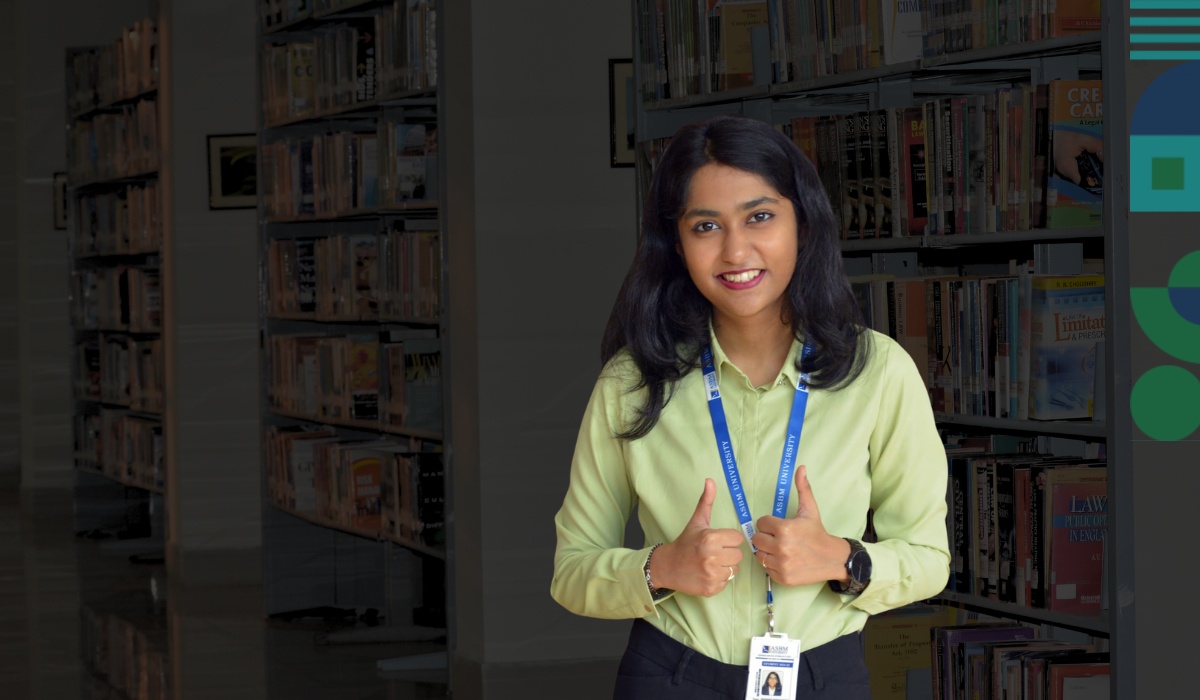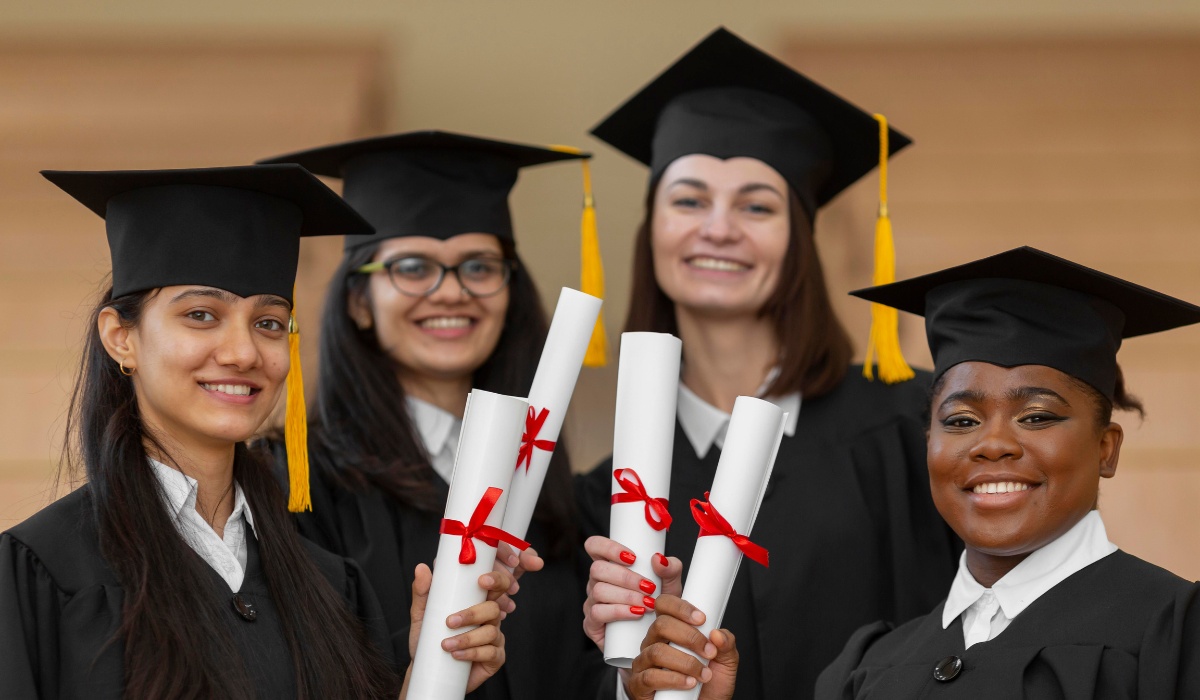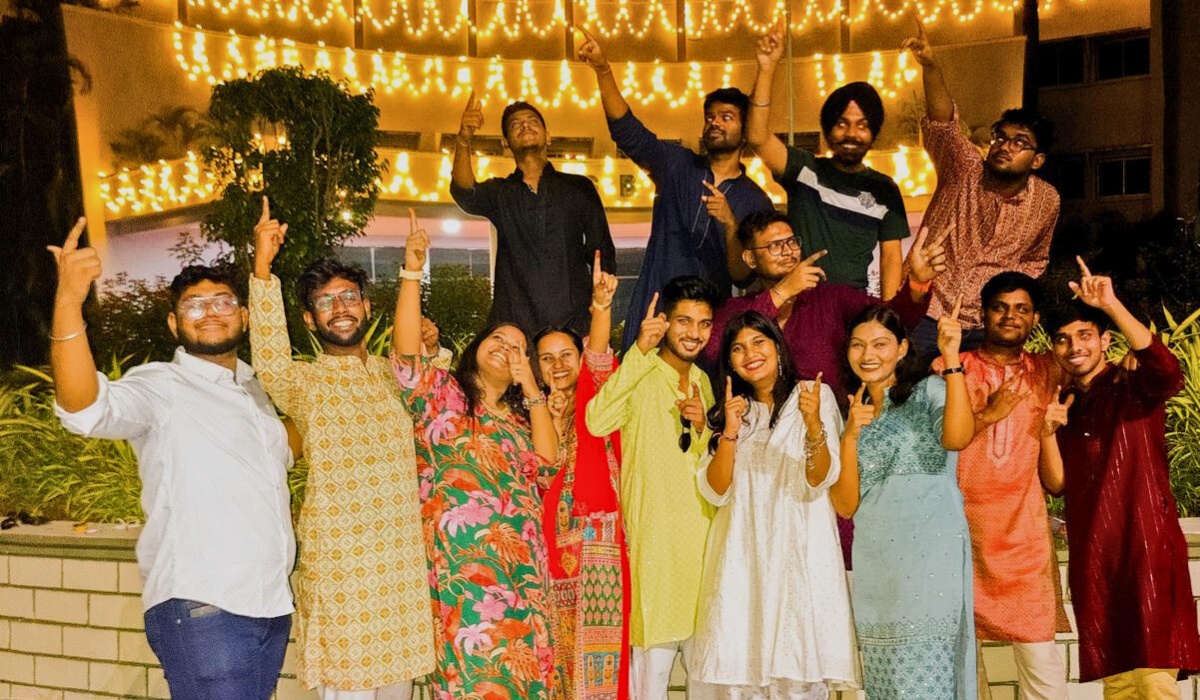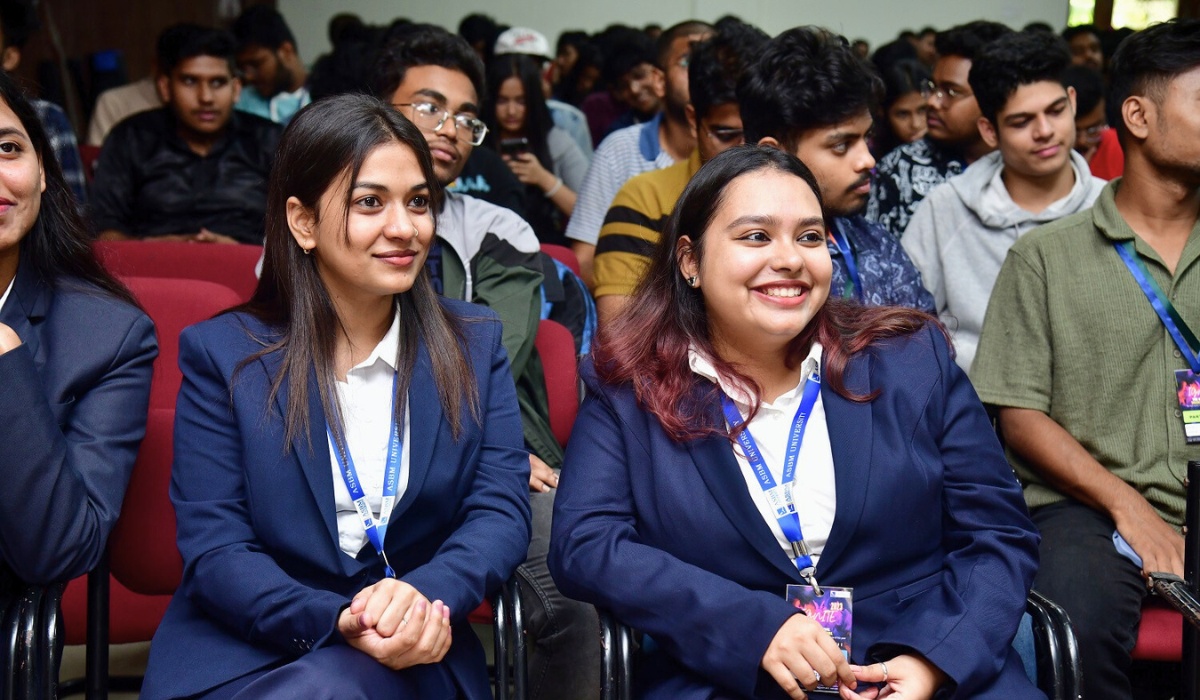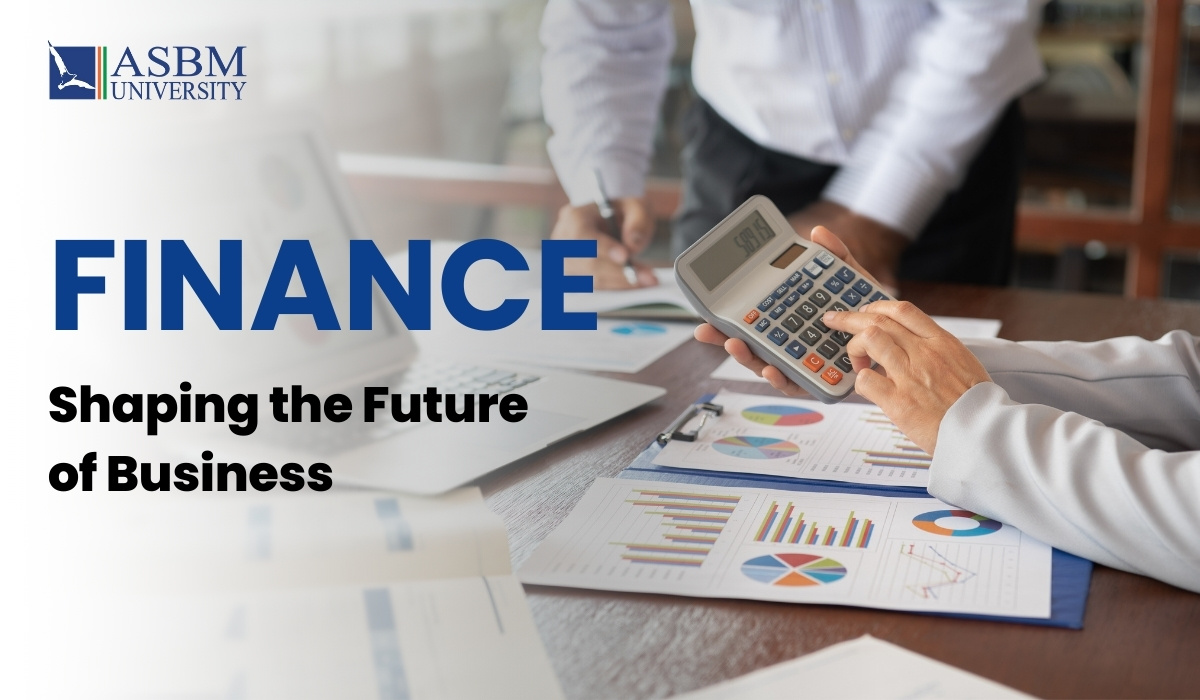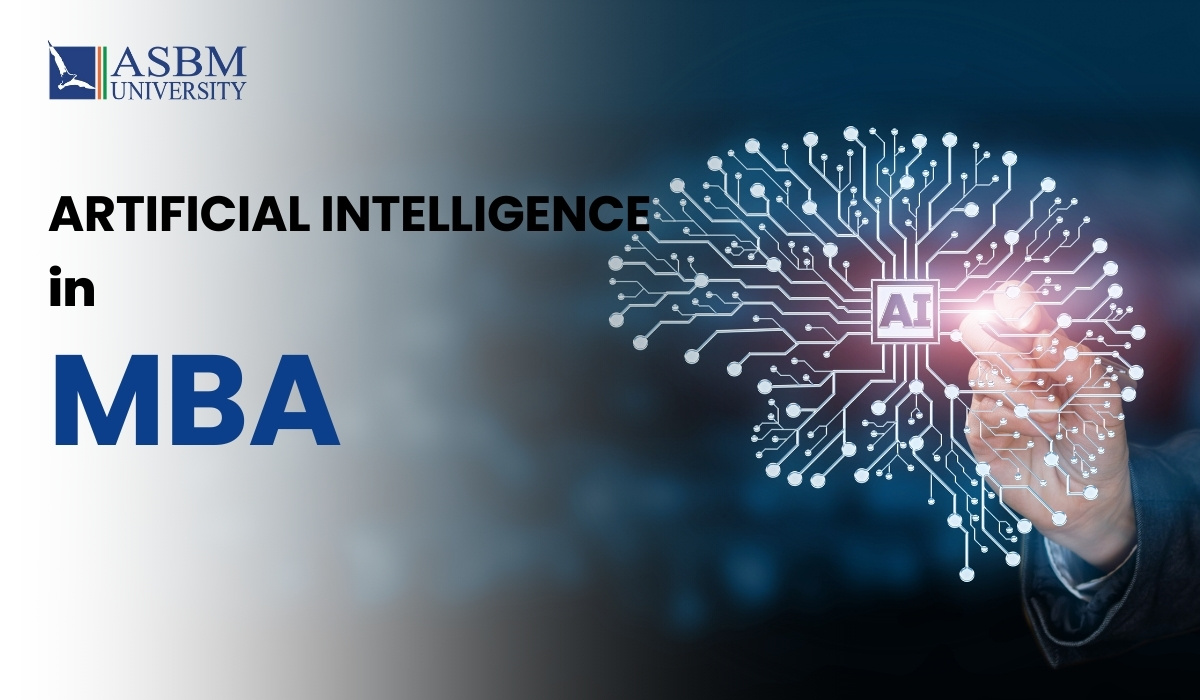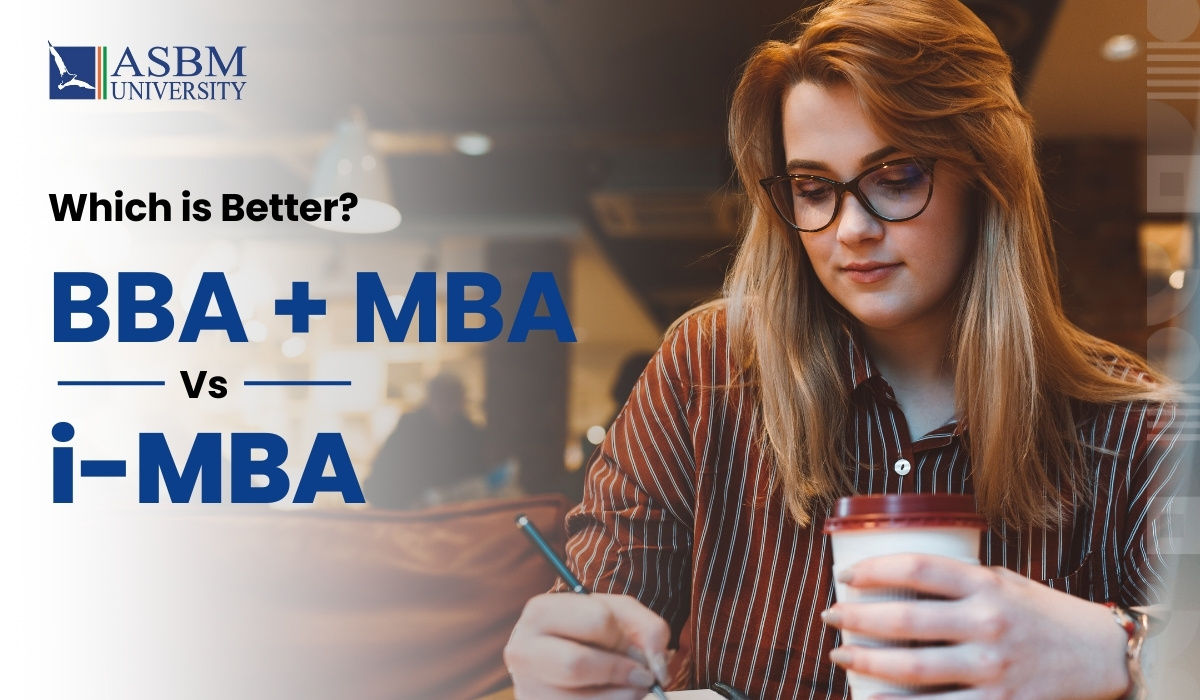Collabration
Bachelor of Arts (BA) in Liberal Arts (Hons./Research) Degree
Programme Key Stats
2025
Admission Session
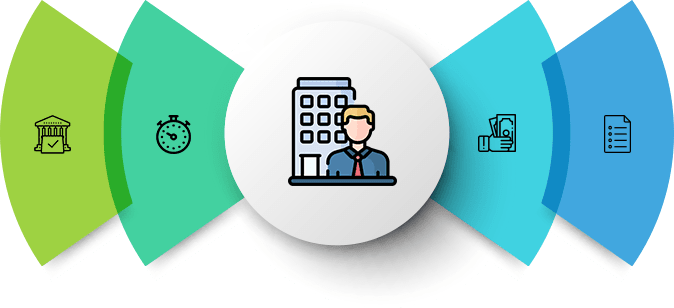
Any student who has passed 10+2 Arts/ Science/
Commerce
Eligibility criteria
Programme OVERVIEW
The Bachelor of Liberal Arts programme is gaining importance as employers are interested to recruit people with multiple skill sets. In this interconnected world, students should have the ability to connect information dots and integrate knowledge from various walks of life. Considering the growing importance, the University offers an undergraduate programme in Bachelor of Liberal Arts (Honours/Research) to students after completion of their +2 examination. BA – Liberal Arts course helps to imbibe a multidisciplinary approach among the students to improve their prospects of employment in varied fields and industries.
The BA – Liberal Arts (Hons/Research) Programme is a four–year full-time programme spread over eight semesters of classroom interaction. With a well-structured curriculum spanning over four years, the programme provides ample scope for the students to gain a comprehensive understanding of diverse aspects from arts and humanities, to languages and social sciences. Banking upon the concepts and theoretical frameworks from various disciplines, the programme facilitates students to be sensitive and appreciate complexities of the society and human life.
The Bachelor of Liberal Arts from the best university will enable the potential learners to pursue a career in journalism, counselling, clinical psychology, industry or organisations, research, social work sector, the healthcare sector and many more.

Why B.A. in Liberal Arts (Hons./Research)
- Offering three-year programme and four-year programme (honours with research)
- Designed on curriculum and credit framework for UG programmes of UGC
- Case-based innovative teaching pedagogy
- Finishing school for employability
- Continuous evaluation system
- Experienced faculty from profession and academics
- Summer Project
- Research/Dissertation
Course Curriculum
Research/Dissertation
Students studying the programme are required to take up research projects under the guidance of a faculty member in any functional area. The students are expected to complete the Research Project in the eighth semester. After the submission of the dissertation, there will be a viva voce examination.
Curriculum Design
A student will undergo a minimum of 160 credits for a four-year BA – Liberal Arts honours with research. The courses have been classified into credits. The curriculum consists of major (core), minor stream, multidisciplinary, Ability Enhancement Courses (AEC), Skill Enhancement Courses (SEC), Value Added Courses, Summer Internship and/or Research Project/Dissertation. The programme has been in-built with the exit option as per the new UGC regulation.
Semester - I
- History Of Literature And Philology
- History Of Ideas
- Law In Everyday Life
- English Language And Literature
- Digital Fluency + Practical
- Environmental Studies
- Constitution Of India
Semester – II
- Micro Economics
- Introduction To Sociology
- Foundation Of Social Theory
- Entrepreneurship Development
- Communicative English
- Excel Spreadsheet Modelling
- Indian Ethos And Values
Semester – III
- Introduction To Psychology + Practical
- Macro Economics
- Logical & Critical Thinking
- Personal Finance
- English Writing & Composition
- Computer Graphics
Semester – IV
- Introduction To Media & Communication
- Introduction To Business
- Indian Society And Practices
- Psychology And Literature
- Modern Indian Thinkers
- Language Proficiency And Impression Management
Semester – V
- Fundamentals Of Management & Organisational Behaviour
- Social Psychology
- Statistical Methods
- Creative Writing
- Internship And Dissertation
Semester – VI
- Organisational Change And Development
- Indian Writings In English
- Media Management
- Cultural And Indigenous Psychology
- Cyber Security
Semester – VII
- Research Methodology
- Media Law
- Social Disorganisation And Deviance
- Digital Marketing
- Film Appreciation
Semester – VIII
- Popular Literature
- Rhetoric
- Project And Dissertation; Or
- Indian Drama
- Counselling Psychology
- Integrated Marketing Communication
FOR WHOM
- Any Student who has passed +2 Arts/ Science/ Commerce or its equivalent public examination.
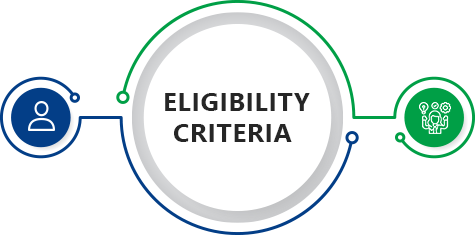
ELIGIBILITY
- Passed Class 12 in any stream from a recognised board with a minimum of 45% aggregate.
Faculty
FAQs
What is Lorem Ipsum?
Lorem Ipsum is simply dummy text of the printing and typesetting industry. Lorem Ipsum has been the industry’s standard dummy text ever since the 1500s, when an unknown printer took a galley of type and scrambled it to make a type specimen book. It has survived not only five centuries, but also the leap into electronic typesetting, remaining essentially unchanged. It was popularised in the 1960s with the release of Letraset sheets containing Lorem Ipsum passages, and more recently with desktop publishing software like Aldus PageMaker including versions of Lorem Ipsum.
What is Lorem Ipsum?
Toggle content goes here, click edit button to change this text.
What is Lorem Ipsum?
Toggle content goes here, click edit button to change this text.
STILL HAVE QUERIES?
Lorem ipsum dolor sit amet, consectetur adipiscing elit. Ut elit tellus, luctus nec ullamcorper mattis, pulvinar dapibus leo.

